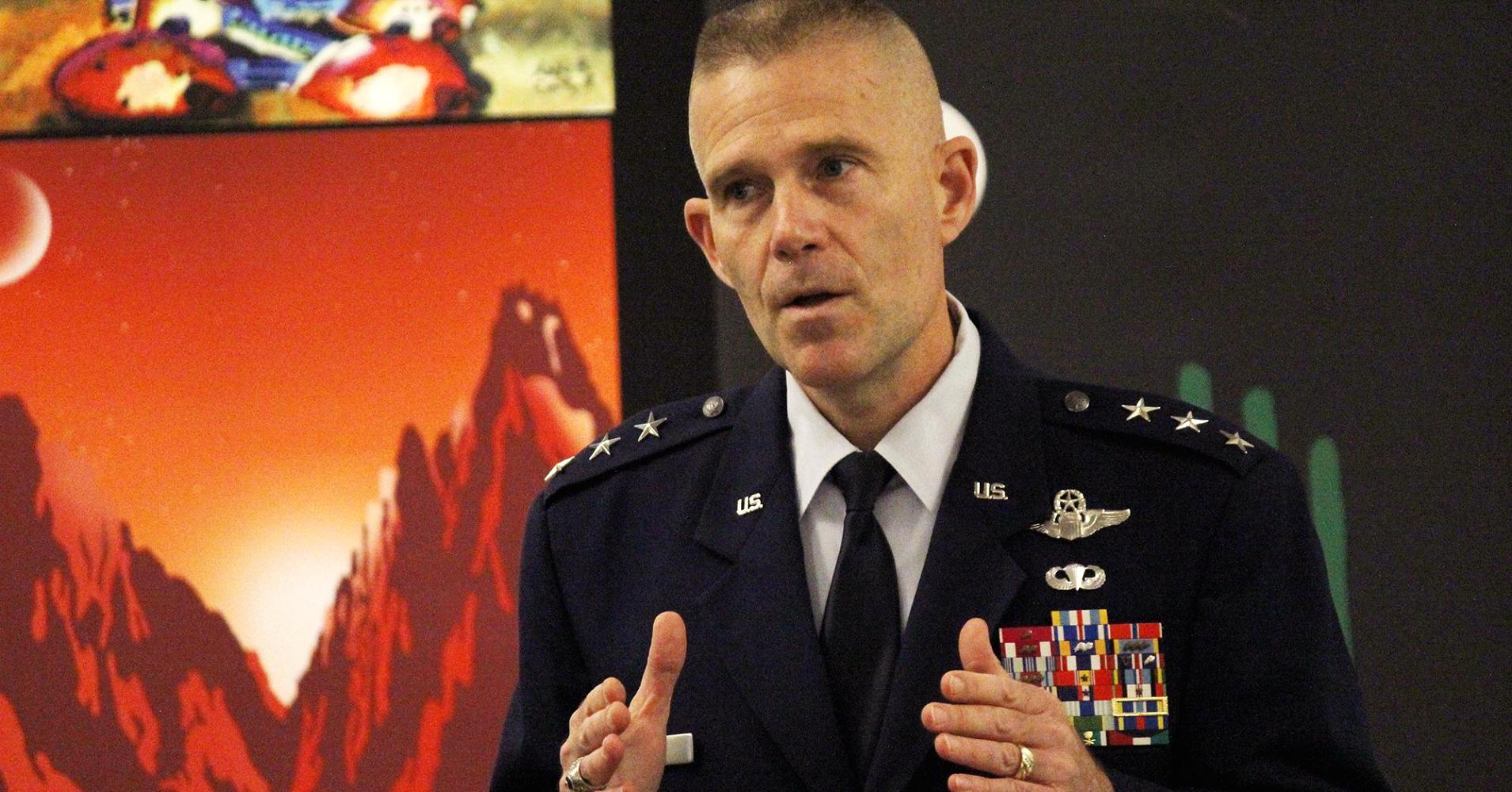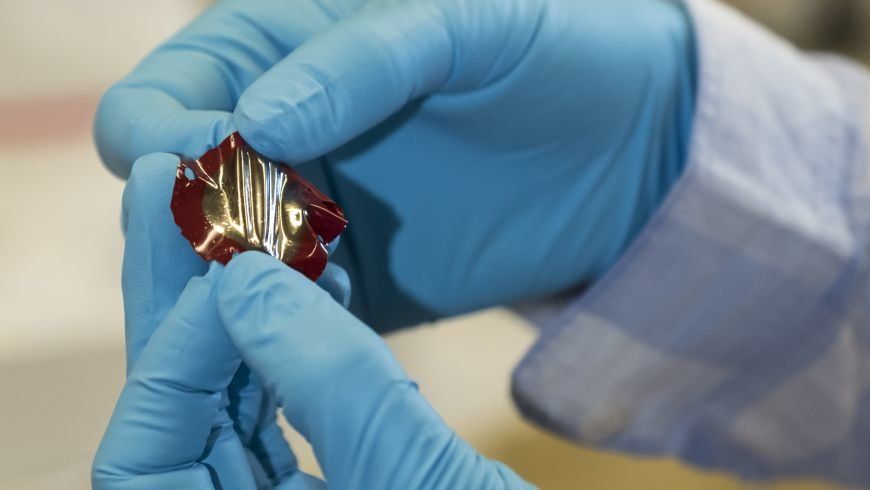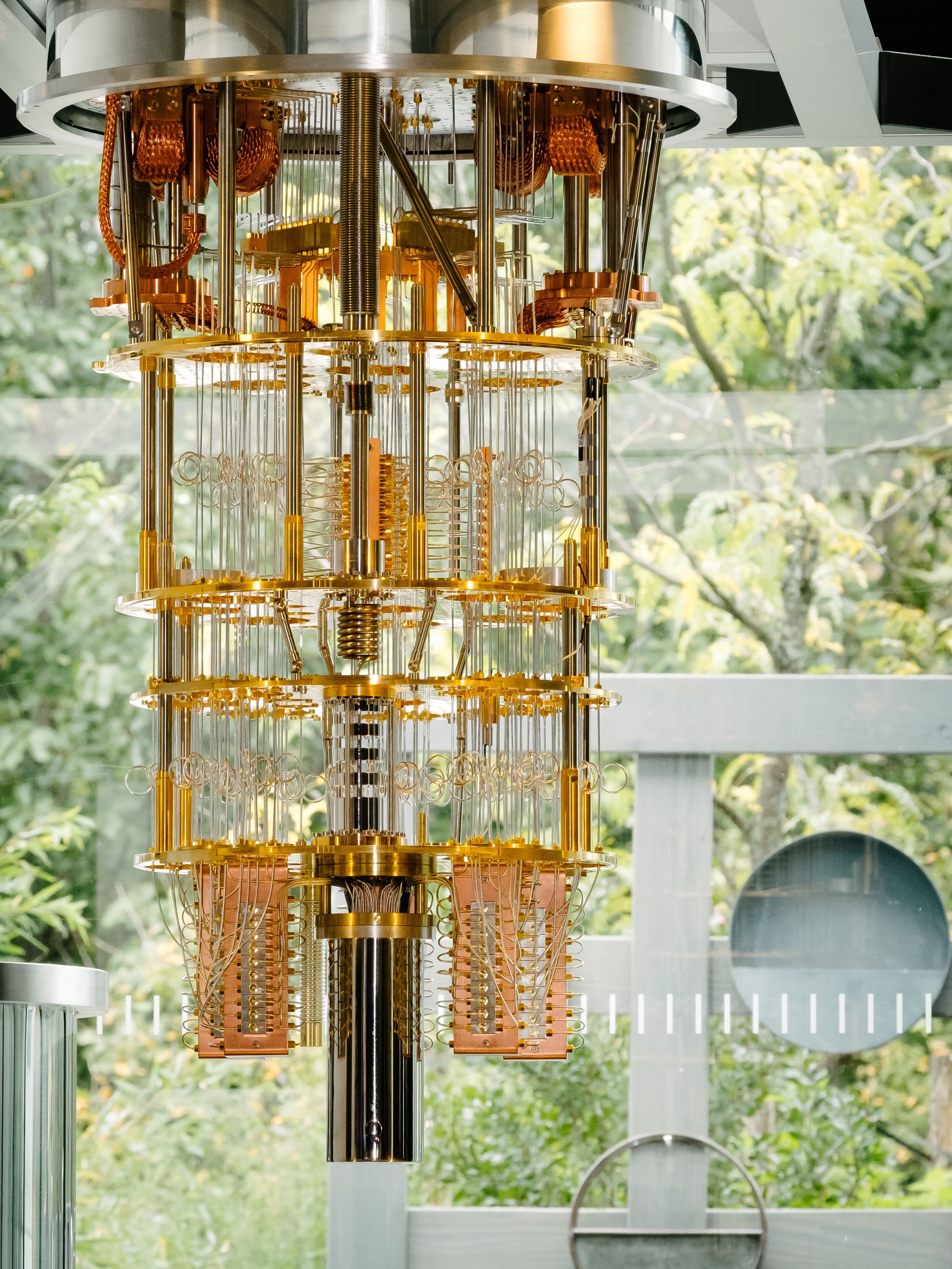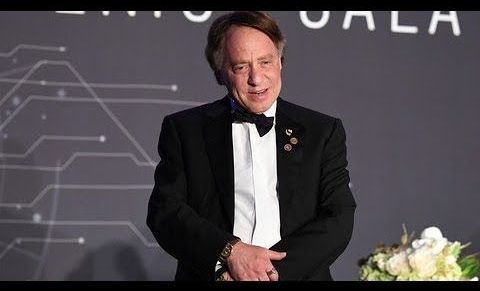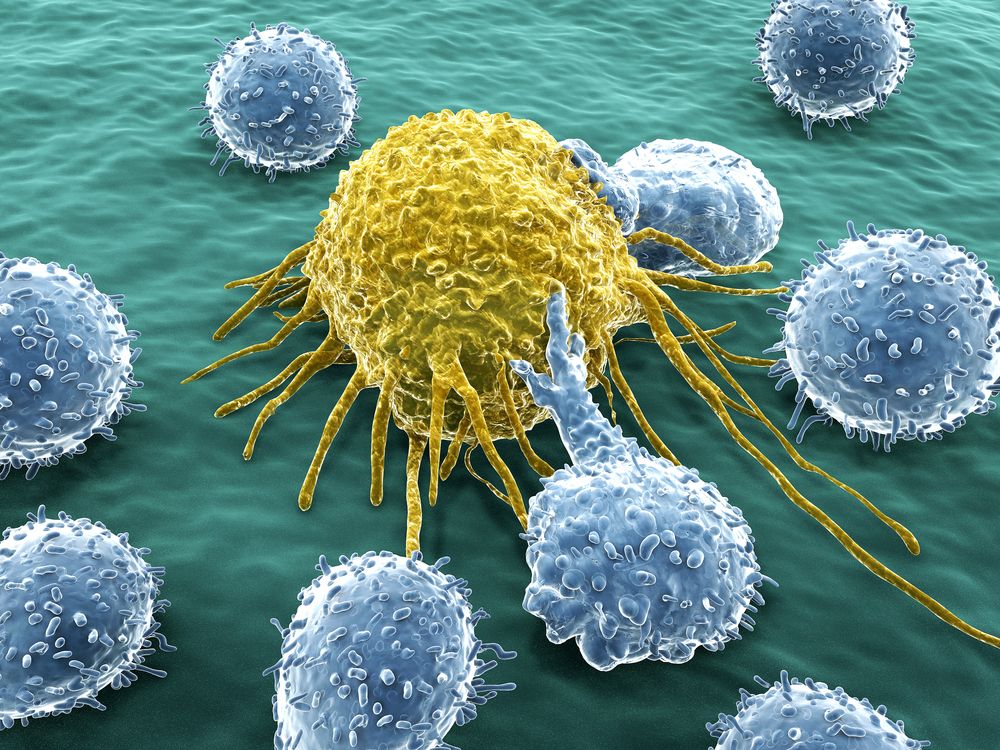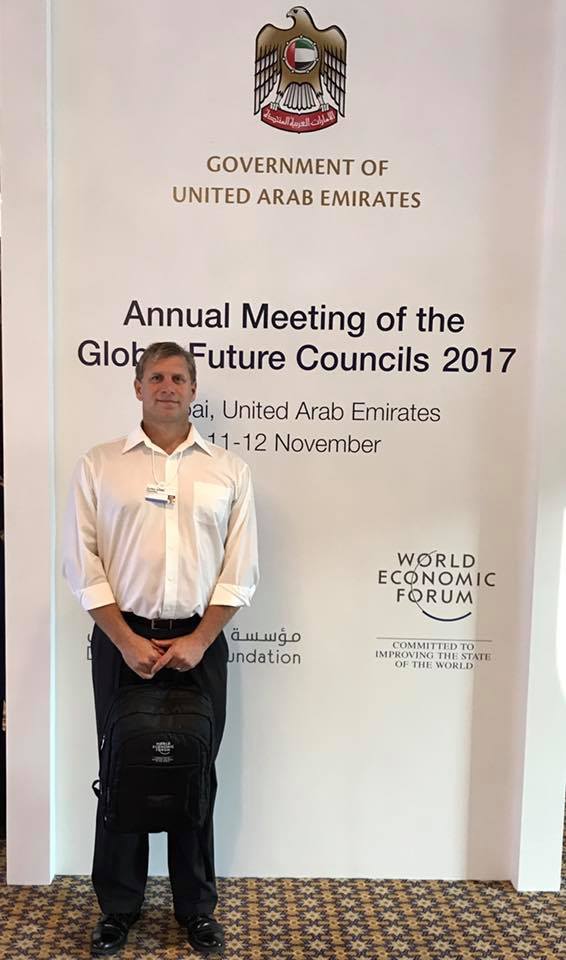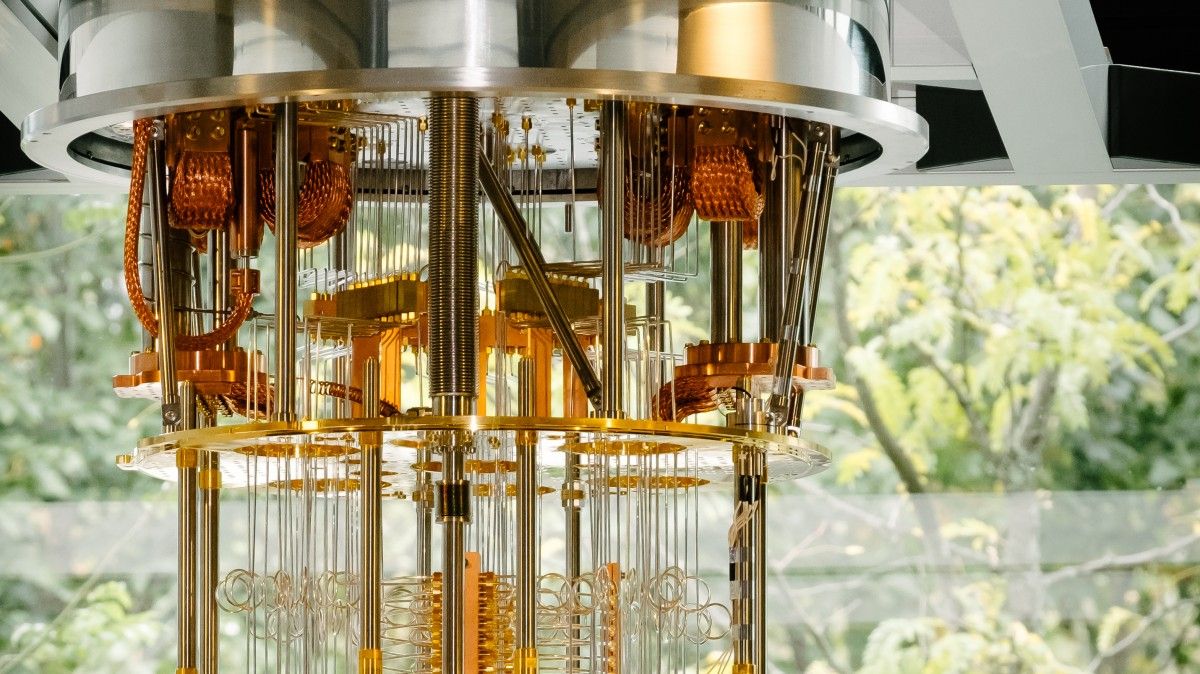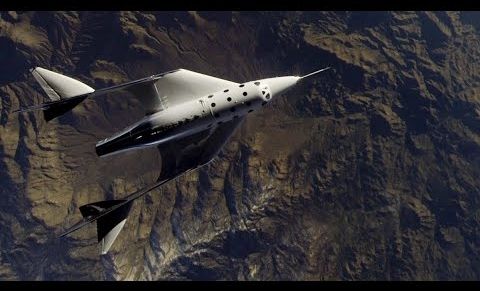Air Force lieutenant general Steve Kwast believes a “Kitty Hawk” moment will begin a new era in space. But while the U.S. still leads every other country in space, Kwast cautions that edge is whittling away.
“In my best military judgement China is on a 10-year journey to operationalize space. We’re on a 50-year journey,” Kwast told CNBC.
Kwast, who is also the commander and president of Air University at Maxwell Air Force Base, says the United States must “bring together the right talent to accelerate the journey” in a Manhattan Project-like meeting of minds. He says this would push the space industry to an moment like Wright Brothers had when they completed the first successful airplane flight in 1903, in Kitty Hawk, North Carolina…
